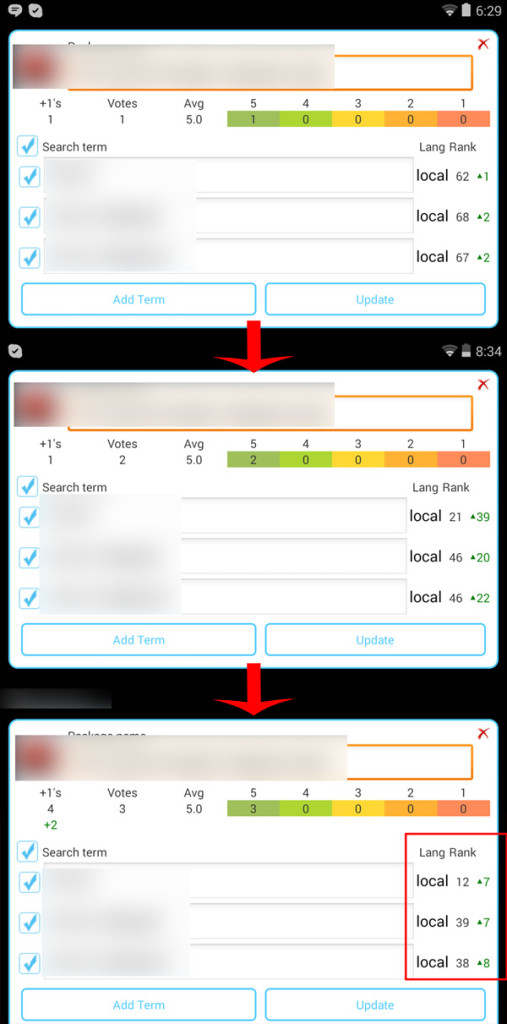In the past we’ve talked about our experiences with developing for iOS apps and have shared some pretty interesting findings from our case studies. Google Android, considered the more dominant OS based on active devices, is often neglected or seldom talked about but rest assured there is just as much opportunity in that space than ever before. Knowing the popularity of Android and the continued support from the online community, we decided to test the waters with Android app development to see if success can be replicated from one platform to another. Our findings thus far have been quite interesting.
On the surface, Apple iTunes for iOS and Google Play Store for Android operate on similar terms: the go-to directory for all applications, songs, books, movies, and more. However, in the backside, the process and algorithms couldn’t be more different.
One thing to note is that Apple is a software/hardware company at heart whereas Google is a search engine. Apple is trying to get more into the development side which is why you may have noticed that they’ve replaced Google Maps on newer iOS devices with their own variation that is lacking by far.
Google on the other hand prides itself on serving users the most relevant information based on their search query. This is in addition to their countless other side projects.
With that said, one can only assume that Google has a much more refined algorithm for showing the most relevant apps in the Google Play store. Afterall, a whole new breed of professionals came about to master the art of SEO for ranking websites.
So the question is: Do traditional SEO tactics matter when it comes to ranking your Android app on Google Play?
SEO for websites primarily have two main factors: your on page content and the # of links to your website. This also applies to your app page on Google Play. Your app name is usually your title tag and your description is where the body is. Those two areas are where you can make edits to target specific keywords.
This begs for the question if links to your app matter. According to a few speakers at a recent Google I/O conference, links to your Google Play page do matter. How you get links is no different than you would do a website since your Google Play store page is a URL just like any page on the web. The difference is you’d have to think a little bit outside the box to get links such as having people review your app on blogs.
We wanted to test this theory so we decided to accumulate quite a few backlinks to the URL of our Android App on Google Play. To put this in perspective, this was a newer app that was hovering around the 100+ rank when first released, thus pretty much making us non existent.
Since we wanted to make this a case study, we were more than aggressive with the link building and acquired several thousand links. Note that if you were to do this for a website, you would be penalize no questions about it.
The results were interesting to say the least. We started to see movement quickly after deployment and were able to slowly track the progress through another app for app rank tracking. From ranking in the 60’s we were able to drop to 12 (10 as of this writing) in app ranking for a specific short tail keyword. No other marketing tactics were done to influence this.
Will this keep us at a high position? Only time will tell if app pages react differently to web pages. Stay tuned to find out and also to see if reviews and Google +1’s matter.

